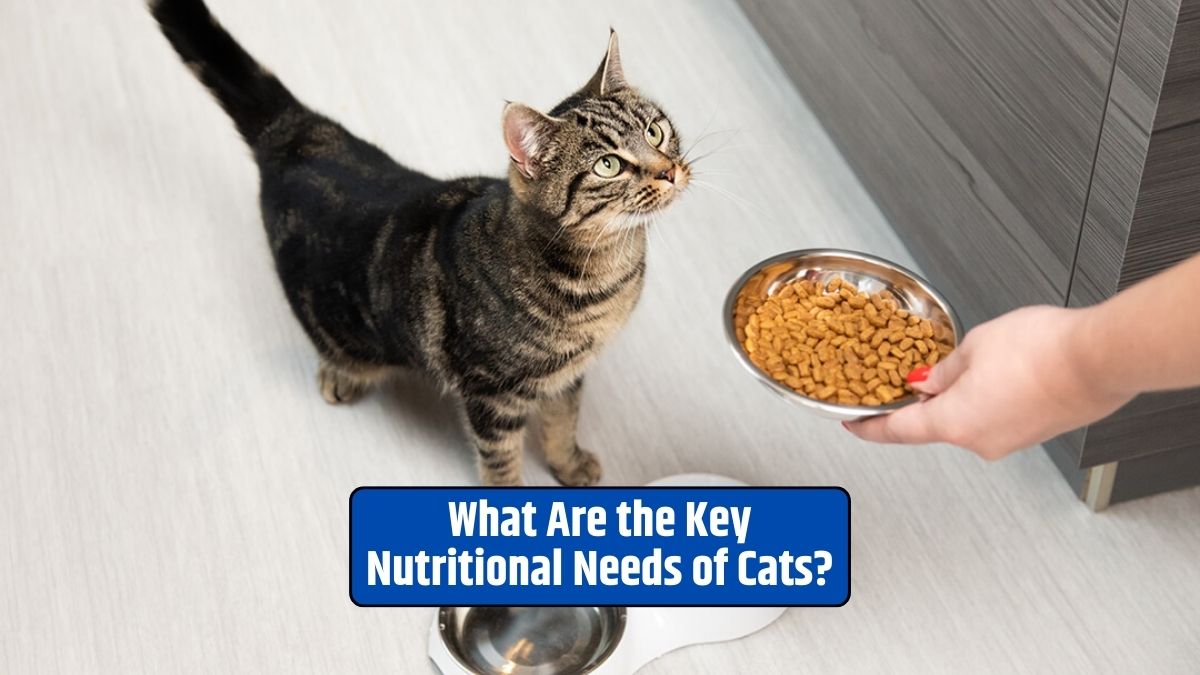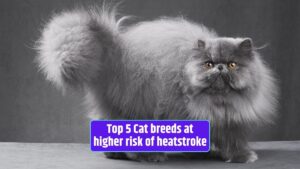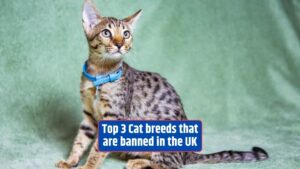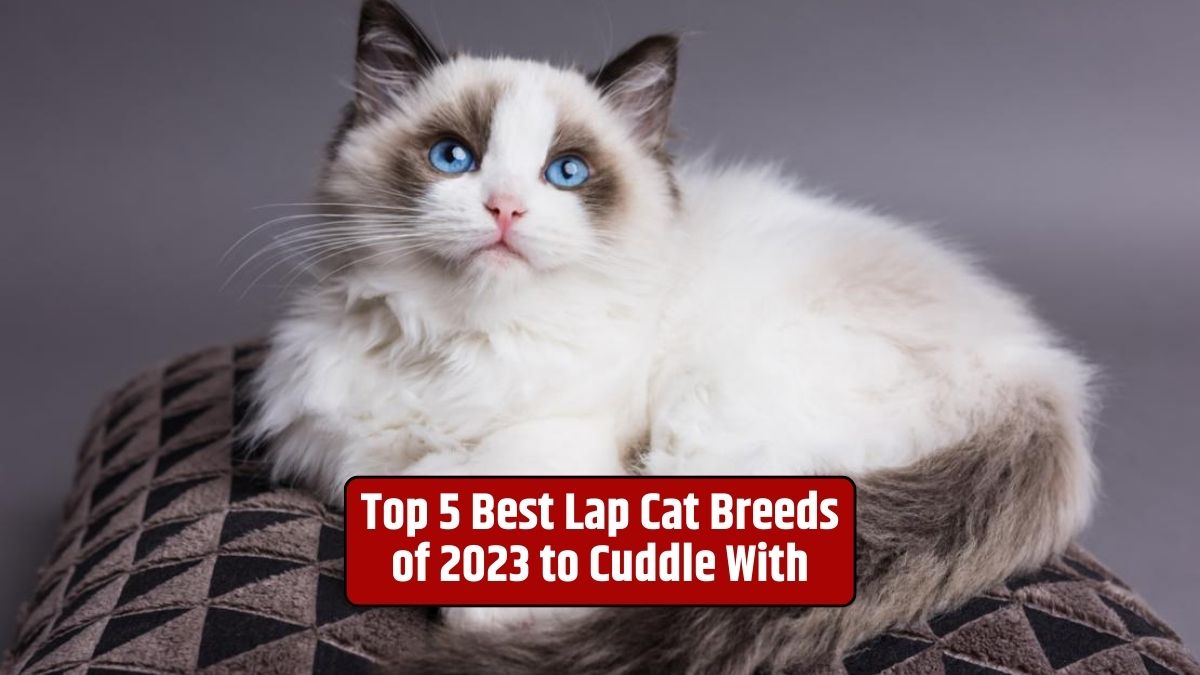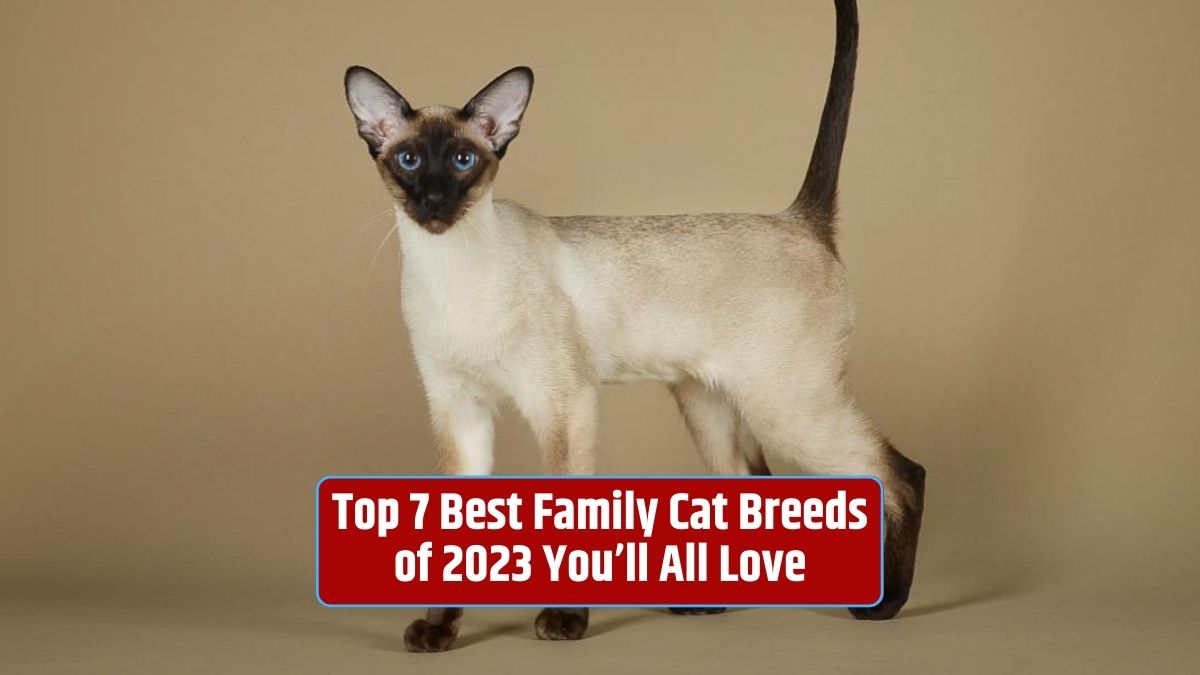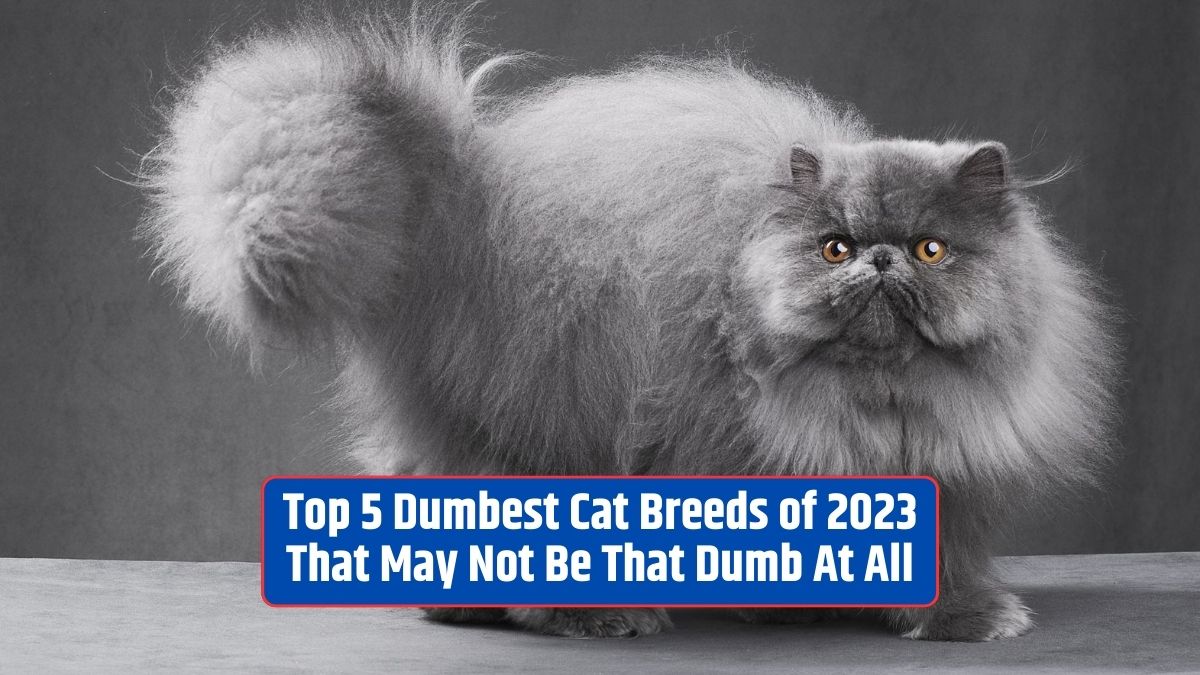Cats are fascinating and independent creatures. They have specific dietary requirements that differ from other pets, and understanding their nutritional needs is crucial to keeping them healthy and happy.
In this article, we will explore the key nutritional needs of cats, providing you with valuable insights into how to ensure your feline friend’s well-being.
Cat’s Carnivorous Nature
Cats are obligate carnivores, which means their diet is primarily composed of animal-based proteins. Unlike omnivores like dogs, cats have specific nutritional requirements that stem from their evolutionary history as hunters. Here are the key components of a cat’s diet:
Protein
Protein is the cornerstone of a cat’s diet. It provides essential amino acids that cats cannot produce on their own. High-quality, animal-based protein sources are necessary to meet their dietary requirements. Look for cat food that lists a meat source like chicken, turkey, or fish as the primary ingredient.
Fats
Dietary fats are essential for cats as they provide a concentrated source of energy. Fats also play a role in the absorption of fat-soluble vitamins. Cats need a balance of omega-3 and omega-6 fatty acids in their diet for healthy skin, a shiny coat, and overall well-being.
Carbohydrates
Cats do not have a significant need for carbohydrates in their diet. In the wild, their carbohydrate intake is minimal. While some carbohydrates can be included in cat food, they should not be the primary energy source. A cat’s digestive system is more adapted to processing proteins and fats.
Vitamins
Cats require specific vitamins and minerals in their diet. These include vitamin A, vitamin D, and minerals like calcium and phosphorus. A well-balanced cat food will provide these essential nutrients, but it’s crucial not to oversupplement them, as excess can be harmful.
Feeding Your Cat
When it comes to feeding your cat, you have the choice of wet or dry food. Both options have their advantages, and a combination of both can be a good choice. Here’s a brief overview of the pros and cons:
Wet Food:
- Hydration: Wet food has high moisture content, which helps keep your cat hydrated.
- Taste: Cats often find wet food more palatable due to its stronger aroma and flavor.
- Weight Management: It can be easier to control portions with canned food.
Dry Food:
- Convenience: Dry food is convenient and has a longer shelf life.
- Dental Health: Some dry kibble can help with dental health by reducing tartar buildup.
- Cost: Dry food is often more cost-effective.
Conclusion
Understanding the key nutritional needs of cats is essential for responsible pet ownership. Meeting these needs ensures your cat’s overall health, well-being, and longevity. When choosing cat food, prioritize high-quality, protein-rich options, and consult your veterinarian for guidance on portion sizes and dietary choices.
FAQs
How much should I feed my cat?
The amount of food your cat needs depends on factors like age, activity level, and the specific cat food. Consult your veterinarian for personalized recommendations.
Can I make homemade cat food for my pet?
Making homemade cat food requires careful planning to meet all nutritional needs. Consult a veterinarian or veterinary nutritionist if you wish to prepare your cat’s food at home.
What should I do if my cat has dietary allergies or sensitivities?
If you suspect your cat has dietary allergies or sensitivities, consult your veterinarian for advice on hypoallergenic or limited-ingredient diets.
Should I provide supplements to my cat?
In most cases, a balanced cat food provides all necessary nutrients. Adding supplements without professional guidance can lead to imbalances.
Is it okay to give my cat occasional treats?
Occasional treats are fine but should be limited. Choose cat-specific treats to ensure they are safe and nutritionally appropriate.
